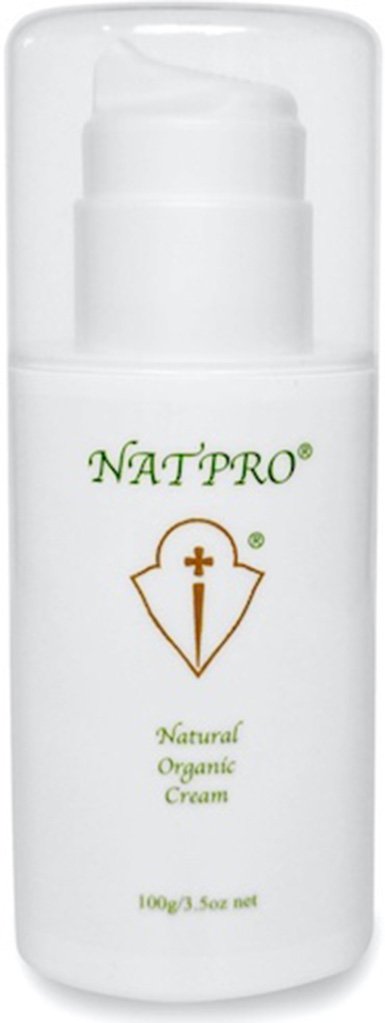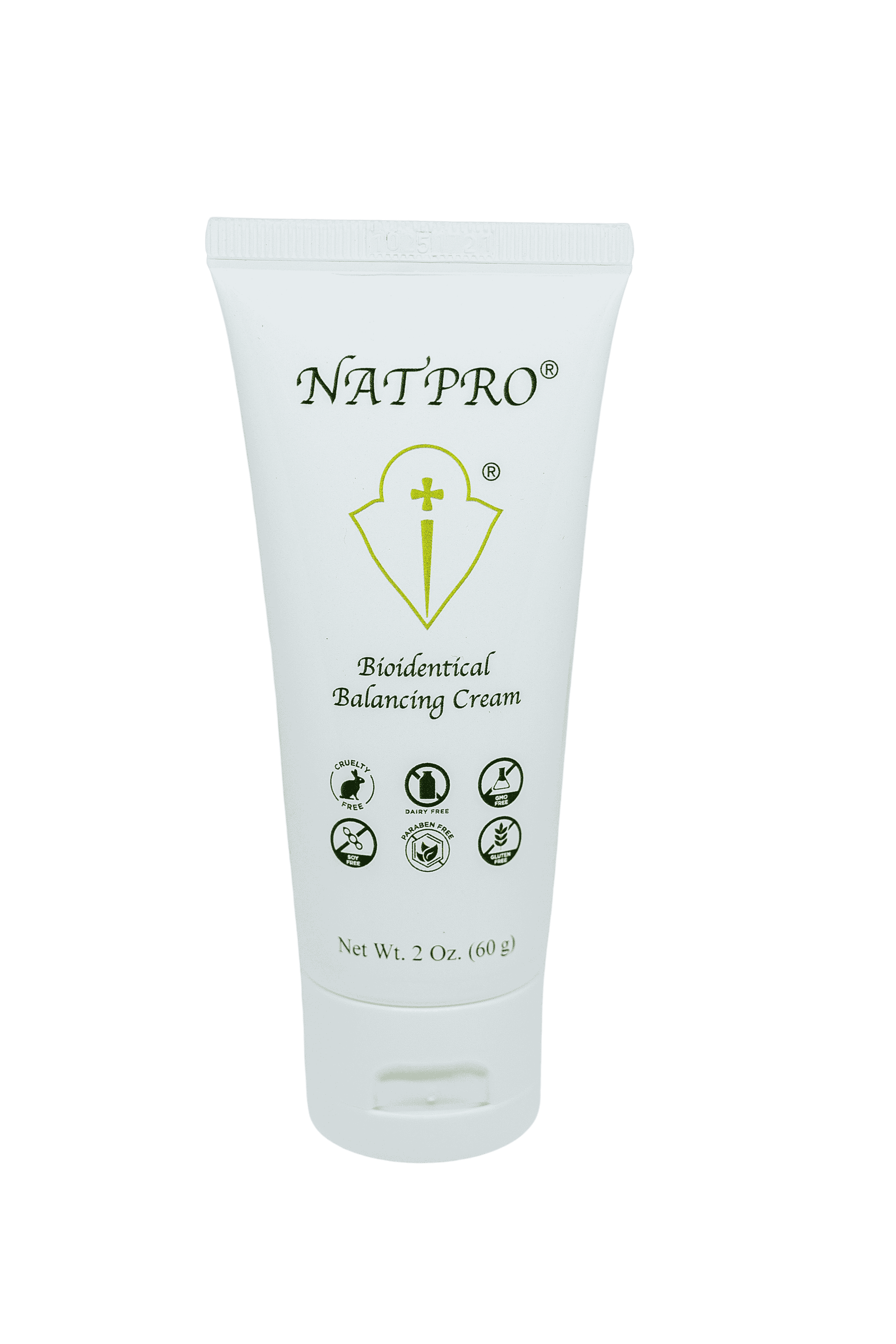Natpro
bioidentical progesterone cream has helped tens of thousands of women and men suffering from many health conditions since 1996.
To buy now, click here...
For more detailed information on Natpro click here.
Do you have a
question or concern?
-
Mar 29, 25 02:00 AM
Hi, I have been taking Ona’s 20% 100mg x 2 daily. I’ve had lots of issues that have been on going since having the copper iud (now removed) when I had
Read More
-
Mar 27, 25 05:32 AM
I have been on progesterone for close to three years now (and recently have went off of it). I was taking 75mg (but was having weird symptoms and found
Read More
-
Mar 21, 25 01:49 AM
Almost 40 on 200mg progesterone for close to a year with magnesium, d3 and k. Had abnormal pap recently and they want colposcopy—- now suddenly bleeding
Read More
-
Mar 19, 25 10:55 AM
HRT active ingredients, hormone replacement therapies
Read More
-
Mar 03, 25 10:38 PM
I have found this website after a deep dive into progesterone as treatment for postpartum mental health disorders and an so grateful for all the information
Read More
See what's being discussed, ask for help, give your thoughts or experiences, or just browse...
See the FAQ pages
or
Visit the forums
Natural
progesterone cream
Discover the facts
Your language
Translate this website
into your language
Is this the future
of medicine?
Watch this important video
Watch these videos
Subscribe to
Progesterone News
Its free and will bring you important new information on progesterone therapy and related health matters

